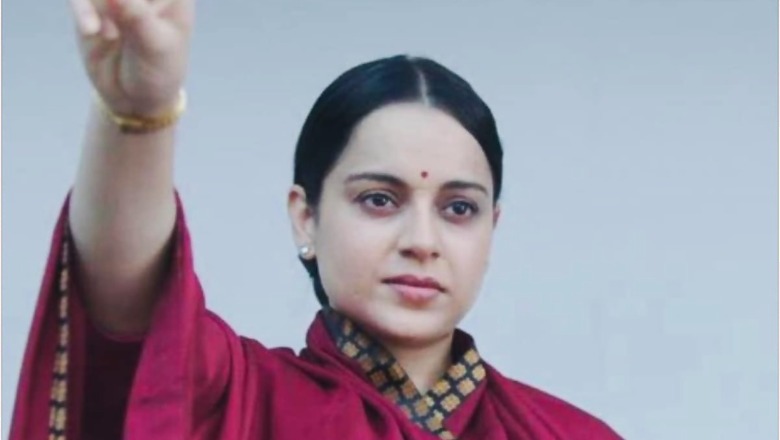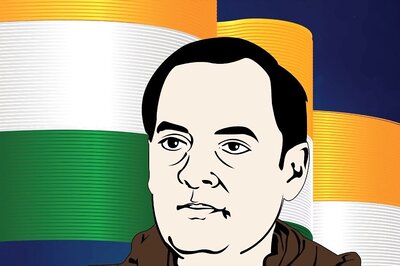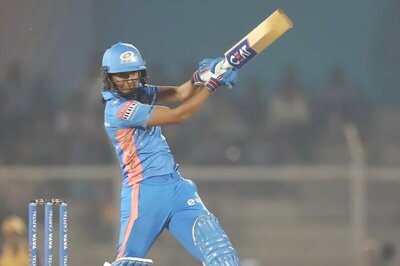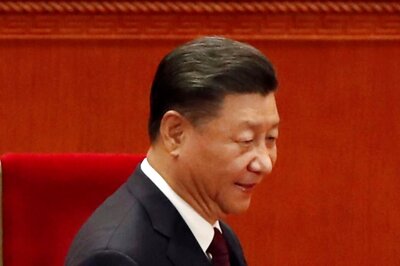
views
The trailer of Kangana Ranaut’s upcoming film Thalaivi has been launched recently. The film is a biopic of former Tamil Nadu Chief Minister J Jayalalithaa.
Thalaivi is a pan-India film, which means it will be released in multiple languages. The makers are aiming to tap not only the audience in South India, but also cash in on the audience in the rest of the country by choosing a bankable Bollywood actress to lead the film.
Jayalalithaa was one of the most powerful politicians in the country with a story worth celebrating. The trailer has promised us that it will tell us the untold story of the leader and Kangana has received praise for her performance. The film also stars Arvind Swamy as MG Ramachandran and other seasoned actors including Prakash Raj, Madhoo, Jissu Sengupta, Bhagyashree and Poorna to name a few.
However, what makes us curious is if the film will show the epic highs and lows of Jayalalithaa’s political career, or will it just be a celebration of her life? Despite being a beloved leader who became the youngest CM of Tamil Nadu in 1991 and served the state for six times till her death in 2016, her governance was not spotless. From jail time for corruption charges, a disproportionate-assets case, the infamous Dharmapuri bus burning case of 2000 to even an attempt-to-murder case against her, the former CM faced a lot of questions in her political career.
The question remains, are the makers of Thalaivi entitled to show every aspect of the politician’s life, whether positive or negative. Or is it okay, in the name of artistic expression, for the film to be a highly glorified version of her life. Whatever creative decision Thalaivi takes, we will find out only after we watch it after its release.
However, most political biopics across languages in India follow two main patterns. First, there is a type of biopic which is made by supporters of said politicians, in which case the film celebrates the personality. In this kind of films, the various controversies around their life or politics are either ignored or there is an explanation given which exonerates the protagonist, shifting the blame to someone else.
On the other hand, there are biopics which create a stir among politicians or parties because they criticise the actions of the protagonist. Even films that do not claim to be biopics and are based on the lives of politicians draw ire from supporters and parties if they are not flattering. Mani Ratnam’s Iruvar, said to be based on the lives of MG Ramachandran and M Karunanidhi, was controversial and received flak from both DMK and AIADMK. Needless to say, political biopics in India are rare, and good ones, rarer.
Can these biopics just be called political dramas? If highly glamorised and sometimes fictionalised versions of events can be shown on screen to celebrate the protagonist, is it not propaganda? Or at least, a fictional drama? On the other hand, if politicians or parties maintain that the events in a film are falsified, there is no way for us to actually know what the truth is. In these cases, do the term ‘biopics’ hold any weight?
Read all the Latest News, Breaking News and Coronavirus News here




















Comments
0 comment